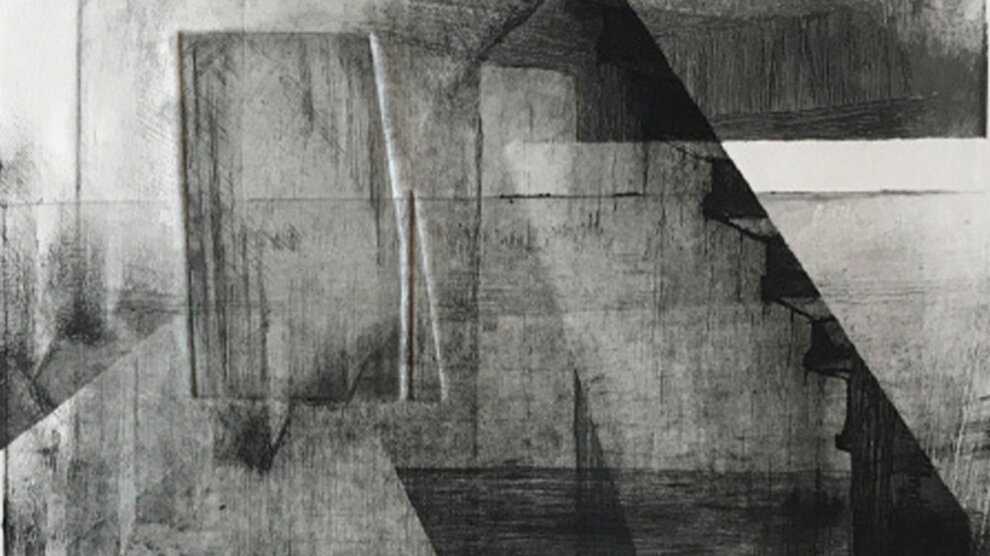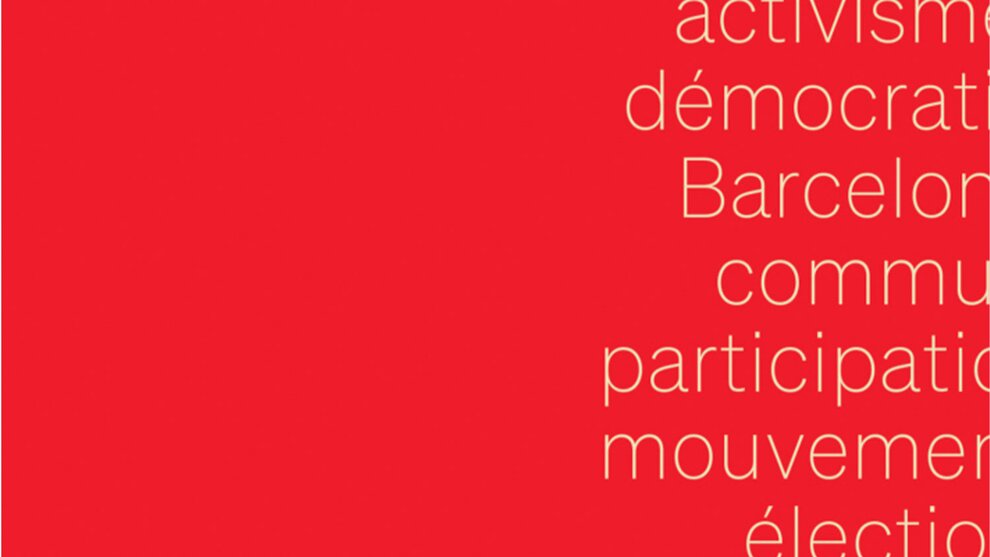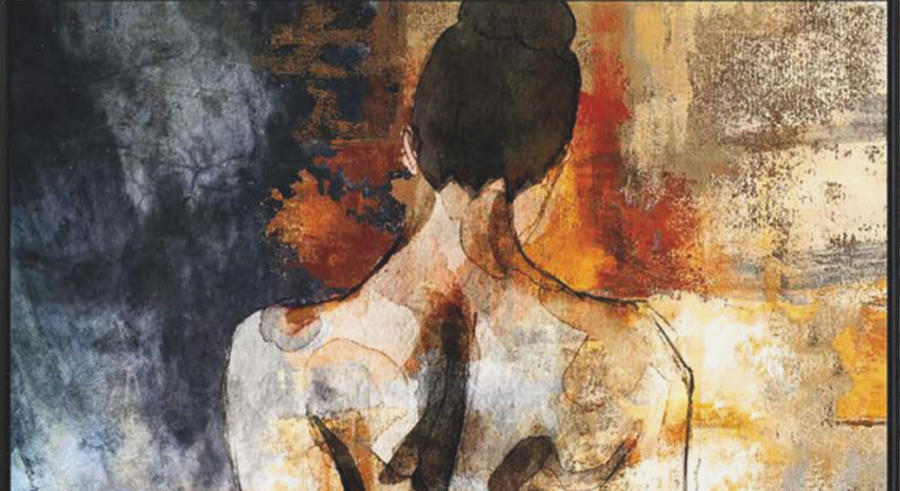Philosophie et genre: Réflexions et questions sur la production philosophique féminine en Europe du Sud au XX e siècle (Espagne, Italie)

Working paper in french.
María Zambrano (Vélez-Málaga 1904-Madrid 1991) : Ways of Coping with Exile: Some Reflections on Joy and Pain.
n the present seminar I have chosen to explore the “living philosophy” of María Zambrano, one of a rare breed, a female Spanish philosopher in the first half of the 20th century. Zambrano left Spain in 1939 when the Civil War ended with the defeat of the republicans and the coming to power of the Franco dictatorship. After taking an active role in the struggle against General Franco, Zambrano lived in exile from 1939 to 1984. She returned to Spain on 20th November 1984, exactly nine years after the dictator’s death. Paris, Morelia (in Mexico), Havana, Porto Rico, Paris again, Havana for a second time, Rome, the Jura in France, Geneva, amongst others, were the scenes of her odyssey. In her thought, Zambrano’s long exile is an ever-present touchstone, an essential way of both creating and of arousing awareness. For almost half a century, the philosopher describes the “steps of exile”. Portraying this journey from a Zambranian optic allows us to reflect on the experience of loss, on the experience of pain, but also on the experience of joy. “Joy and pain,” Zambrano writes, “are core situations”, “pain and joy are creators and transformers; they transform the person, which is an extreme way of saying that they form the person.” In this ‘multi-voiced’ seminar we will attempt to explore the strengths (and perhaps the weaknesses?) of her arguments.
Creativity and politics in three Neapolitan women from the 20th century: Lina Mangiacapre, Lucia Mastrodomenico and Angela Putino.
Among the most active, dynamic and innovative Italian feminists of our times, three women from Naples are briefly presented here. Little-known abroad and even inside their own country, Lina Mangiacapre, the gifted artist who founded the feminist group called Nemesiache in 1969, Lucia Mastrodomenico a journalist and social worker, and Angela Putino, a genial and eccentric philosopher. The three of them were intimately involved in the nearly irreconcilable contradictions of life in their beloved city: its violence, its sweetness, its beauty, its ugliness, its riches, its poverty, its purity, its obscenity, its joy and above all its pain. According to Lina, for example, beauty hasn’t a mere aesthetical dimension, but a political one. They tried to define what freedom really could mean for both men and women living together there, attentive to their natural and legitimate differences and needing to respect each other. Though deeply faithful to their roots, their work casts a harsh light on their city of Naples, which can and must be seen as what it really is: a sometimes slightly exaggerated sketch of what every city in our world soon could be — better or worse, or both — or already is. Actually, in their reflections, Naples simply represents the iceberg top of the contradictions of the whole western culture. The three of them unconsciously felt that the woman in them was essential to apprehend and to express the totality of the experience of Naples, knowing it from below and from within. They did not simply present evidence, however, but proposed necessary modifications in thinking and feeling, new politics and policies. They rejected the imposed one-dimensional male model and replaced it by a better balanced one in which social relations, instead of being brutally imposed from outside, grow harmoniously from inside in both women and men, each gender giving the other one the mild and enriching gift of its own respected difference. To them, it would be too simple and limitative to show the female model as the mere reflection of the male model in the mirror. The point is the assertion of the difference, freeing it from the colonisation and assimilation to the strictly male model. Man (ανήρ, vir) is not the measure of everything. The cohabitation of the two consciences is possible only by accepting the sexual difference and by the ontological changing of subjectivity.

Le coopérisme

De la rue à la mairie

Les refus de la maternité


